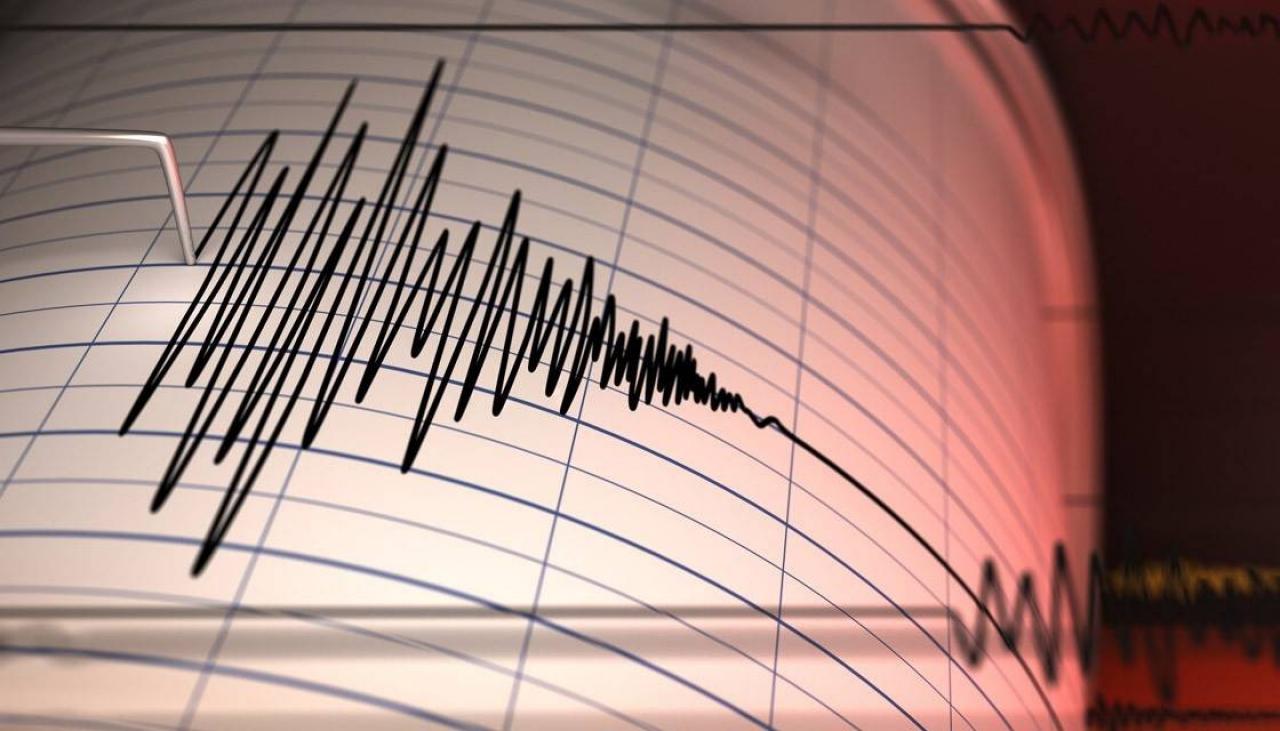Magnitude 7.1 Earthquake Strikes Kermadec Islands In New Zealand
On March 16, 2023, a strong earthquake Strikes Kermadec Islands in New Zealand with a magnitude of 7.1, according to the US Geological Survey (USGS). The earthquake was also felt in several areas across New Zealand.
Author:Suleman ShahReviewer:Han JuMar 17, 2023125.2K Shares1.7M Views

On March 16, 2023, a strong earthquake Strikes Kermadec Islandsin New Zealand with a magnitude of 7.1, according to the US Geological Survey (USGS). The earthquake was also felt in several areas across New Zealand.
The quake struck at a depth of 22 kilometers at around 12:30 pm local time. There were no immediate reports of casualties or damage.
After the earthquake, the United States Tsunami Warning System issued a warning. Subsequently, the US Tsunami Warming System reported that there was no tsunami danger.

Magnitude 7.1 earthquake rocks New Zealand’s Kermadec Islands
The Details Of The Earthquake
The earthquake's epicenter was located about 174 km northeast of Raoul Island, which is part of the Kermadec Islands, and it occurred at a depth of 5 km. The USGS initially reported the quake's magnitude as 7.2, but later downgraded it to 7.1.
New Zealand's National Emergency Management Agency (NEMA) issued a tsunami warning shortly after the earthquake.
However, the warning was later lifted after it was determined that the earthquake did not generate a significant tsunami.
The Kermadec Islands are located in the Pacific Ring of Fire, an area known for its high level of seismic and volcanic activity.
Reactions To The Earthquake
New Zealand is located on the Pacific Ring of Fire, a 40,000 kilometer (25,000 mile) horseshoe-shaped area of intense volcanic and seismic activity that stretches from New Zealand up to the Kamchatka Peninsula in Russia, and down through Japan and the Philippines to New Guinea and Indonesia.
New Zealand Prime Minister Jacinda Ardern tweeted about the earthquake, saying that she had been advised that it was felt across the country.
"We are aware of the earthquake off the Kermadec Islands," she said. "As always, we urge everyone to be cautious and follow the advice of civil defense."
The quake also caused alarm on social media, with many people sharing their experiences of feeling the ground shake.
Earthquake Preparedness In New Zealand
New Zealand is no stranger to earthquakes, with the country experiencing thousands of quakes every year due to its location on the Pacific Ring of Fire.
The country has strict building codes and earthquake-resistant designs in place to mitigate the impact of earthquakes.
In 2011, a magnitude 6.3 earthquake struck the city of Christchurch, causing significant damage and claiming 185 lives.
The earthquake was a wake-up call for New Zealand, prompting the government to review and strengthen its earthquake preparedness measures.
Final Words
The magnitude 7.1 earthquake that struck the Kermadec Islands in New Zealand on March 16, 2023, serves as a reminder of the ongoing seismic activity in the Pacific Ring of Fire.
While New Zealand has taken steps to improve its earthquake preparedness, it is important for residents and visitors to remain vigilant and follow civil defense advice in the event of an earthquake.

Suleman Shah
Author
Suleman Shah is a researcher and freelance writer. As a researcher, he has worked with MNS University of Agriculture, Multan (Pakistan) and Texas A & M University (USA). He regularly writes science articles and blogs for science news website immersse.com and open access publishers OA Publishing London and Scientific Times. He loves to keep himself updated on scientific developments and convert these developments into everyday language to update the readers about the developments in the scientific era. His primary research focus is Plant sciences, and he contributed to this field by publishing his research in scientific journals and presenting his work at many Conferences.
Shah graduated from the University of Agriculture Faisalabad (Pakistan) and started his professional carrier with Jaffer Agro Services and later with the Agriculture Department of the Government of Pakistan. His research interest compelled and attracted him to proceed with his carrier in Plant sciences research. So, he started his Ph.D. in Soil Science at MNS University of Agriculture Multan (Pakistan). Later, he started working as a visiting scholar with Texas A&M University (USA).
Shah’s experience with big Open Excess publishers like Springers, Frontiers, MDPI, etc., testified to his belief in Open Access as a barrier-removing mechanism between researchers and the readers of their research. Shah believes that Open Access is revolutionizing the publication process and benefitting research in all fields.

Han Ju
Reviewer
Hello! I'm Han Ju, the heart behind World Wide Journals. My life is a unique tapestry woven from the threads of news, spirituality, and science, enriched by melodies from my guitar. Raised amidst tales of the ancient and the arcane, I developed a keen eye for the stories that truly matter. Through my work, I seek to bridge the seen with the unseen, marrying the rigor of science with the depth of spirituality.
Each article at World Wide Journals is a piece of this ongoing quest, blending analysis with personal reflection. Whether exploring quantum frontiers or strumming chords under the stars, my aim is to inspire and provoke thought, inviting you into a world where every discovery is a note in the grand symphony of existence.
Welcome aboard this journey of insight and exploration, where curiosity leads and music guides.
Latest Articles
Popular Articles